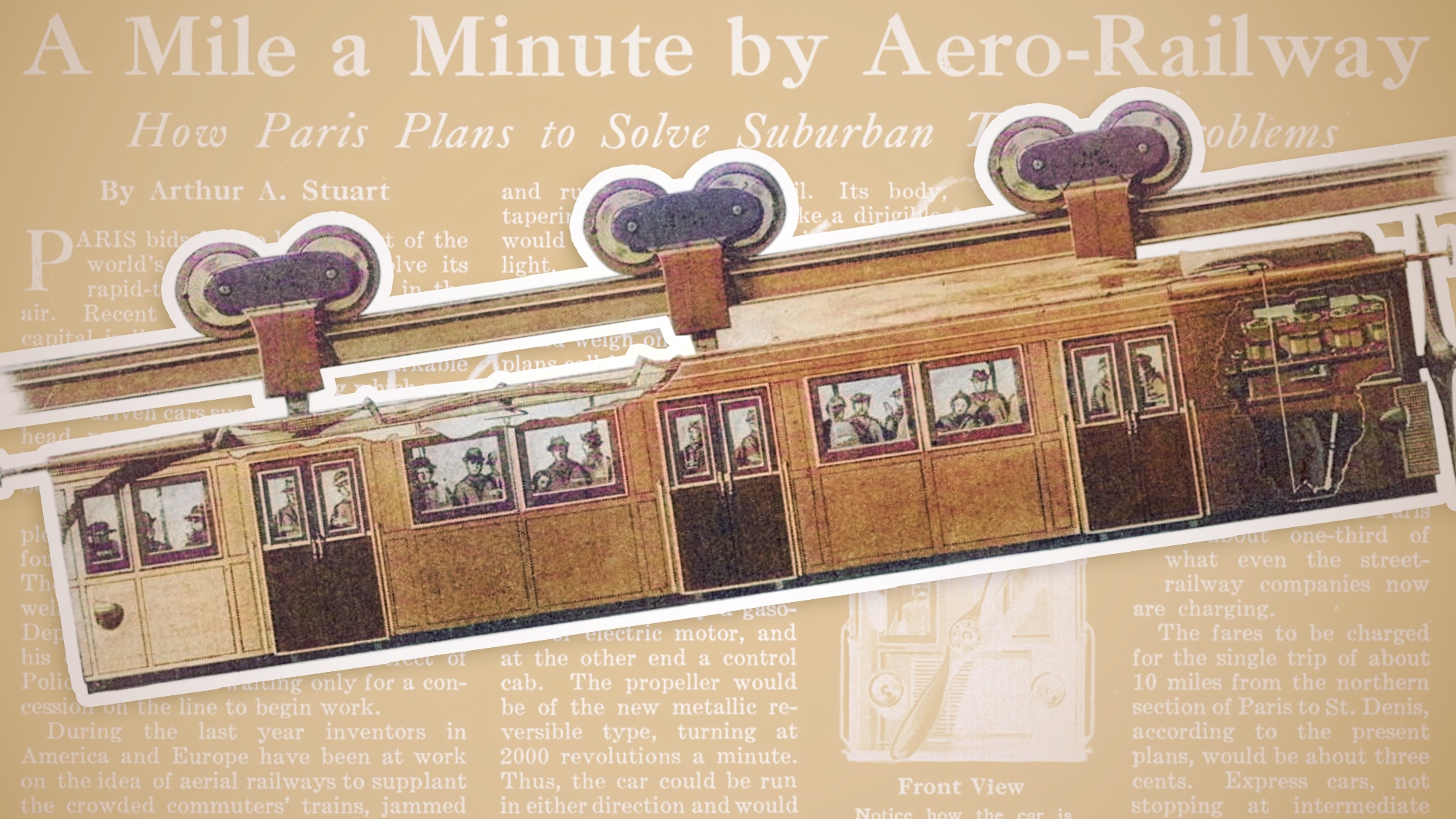Congress has a chance to make intercity buses great again
Congress should update 49 U.S.C. § 5323(r) to define "reasonable access" for intercity bus providers to public transportation facilities, ensuring equity, access and interoperability across modes and unlocking the full potential of America's transportation network.

Intercity buses are the quiet backbone of long-distance travel in the U.S., connecting millions of people every year, often in places planes don’t fly and trains don’t reach. Yet despite their critical role in interstate mobility, bus service providers such as Greyhound and FlixBus face steep barriers when trying to access the very infrastructure meant to connect modes of travel: intermodal hubs.
This is not just a business issue. It’s a national policy issue that undermines federal goals around intermodal connectivity, efficient use of public infrastructure, and the promotion of interstate commerce.
With the 2026 reauthorization of the Infrastructure Investment and Jobs Act approaching, now is the time to fix it.
Today, federal law requires “reasonable access” for intercity bus providers to public transportation facilities built with Federal Transit Administration funds. The intent is clear: ensure intermodal connectivity and maximize the public return on infrastructure investment. But in practice, that “right” is often ignored, misunderstood or misapplied — largely because “reasonable access” has never been clearly defined or enforced.
As a result, intercity bus carriers are frequently denied access to centrally located multimodal hubs or forced to pay prohibitive fees to use them — even when those facilities have been built with taxpayer dollars. Some are relegated to curbside stops with no shelter, amenities or safe connections to local transit.
Without reliable access to public transportation for the final leg of their trip, riders — especially those with luggage, children or disabilities — face disjointed journeys and unnecessary hardships that discourage travel and limit ridership growth.
The consequences ripple outward. Local transit systems lose potential fare revenue. Cities forgo opportunities to reduce emissions and traffic through seamless multimodal transfers. And the federal government misses a chance to see its infrastructure dollars work harder and smarter.
The fix is straightforward: Congress should update the law to define what “reasonable access” means in actionable terms, with clear oversight by the U.S. Department of Transportation.
A reformed access standard should include:
- a timeline for reviewing and approving access requests;
- anti-discrimination provisions to prevent arbitrary denial;
- transparent, non-excessive cost structures;
- minimum expectations around physical access, proximity to transit and basic rider amenities;
- and an appeals or enforcement mechanism through the Federal Transit Administration.
This updated standard should also extend beyond local transit facilities to include passenger rail stations and other Department of Transportation-funded terminals where intercity bus connections are equally vital.
From an industry standpoint, this is not a call for preferential treatment. Carriers are prepared to pay their fair share of costs. What we need is a clear, enforceable process that allows cities and operators to plan confidently, serve customers safely and support a multimodal future that truly works.
At Flix North America, we have seen what is possible in places like Boston, Washington, Los Angeles, and dozens of mid-size cities across the country where integrated hubs serve local, regional and intercity travel. But patchwork cooperation isn’t enough. Federal investment deserves a federal standard — one that ensures equity, access and interoperability across modes.
By clarifying and strengthening the “reasonable access” provision, Congress can unlock the full potential of America’s transportation network. It’s a small fix with major upside — for passengers, cities and the federal government alike.
Kai Boysan is CEO of Flix North America, parent company of FlixBus and Greyhound Lines.











![[FREE EBOOKS] Offensive Security Using Python, Learn Computer Forensics — 2nd edition & Four More Best Selling Titles](https://www.javacodegeeks.com/wp-content/uploads/2012/12/jcg-logo.jpg)































































